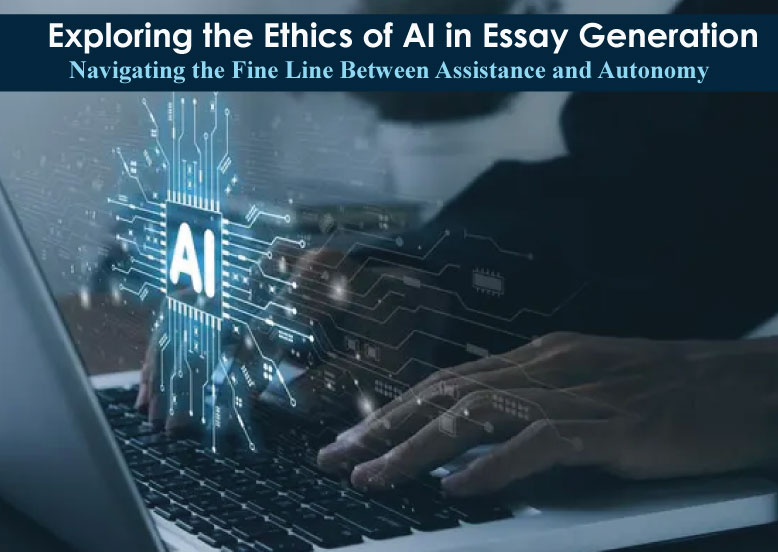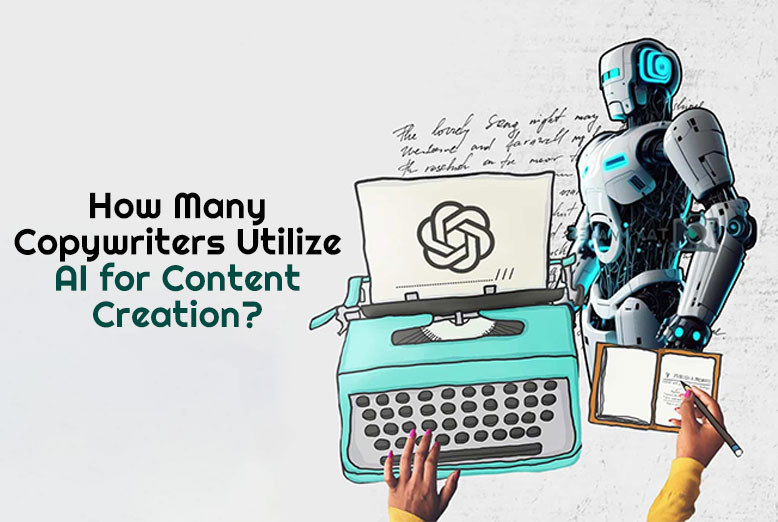In the realm of artificial intelligence (AI), the intersection of technology and ethics has become increasingly significant, particularly in the context of essay generation. As AI continues to advance, it prompts profound questions about the ethical boundaries of its capabilities and the implications for human autonomy. This essay delves into the ethical considerations surrounding AI-powered essay generation, focusing on the delicate balance between providing assistance and preserving individual autonomy.
The Rise of AI in Essay Generation
With the emergence of sophisticated AI algorithms, essay generation has experienced a significant evolution. These systems utilize natural language processing (NLP) techniques to analyze prompts and generate coherent written content. Such advancements offer undeniable benefits, enabling students and professionals to streamline their writing processes and access instant assistance.
The Role of AI Assistance
At its core, AI in essay generation serves as a valuable tool for assistance, providing users with resources to enhance their writing skills and efficiency. By offering suggestions, generating outlines, or providing relevant references, AI can empower individuals to overcome writer’s block and improve the quality of their work. Additionally, AI-driven paraphrasing tools, such as aithor.com/essay-paraphrase-tool , contribute to the diversification of writing styles and facilitate the adaptation of existing content for various purposes.
Ethical Implications of AI Autonomy
However, as AI capabilities continue to advance, concerns arise regarding the potential erosion of individual autonomy in essay generation. The reliance on AI-generated content raises questions about authenticity, originality, and the ethical implications of outsourcing intellectual tasks to machines. Moreover, there is a risk of perpetuating academic dishonesty if users depend solely on AI for essay composition without engaging in critical thinking and genuine intellectual effort.
Striking a Balance
To navigate the ethical complexities of AI in essay generation, it is essential to strike a balance between leveraging technology for assistance while upholding principles of individual autonomy and academic integrity. Users should approach AI tools as supplements rather than replacements for their own cognitive abilities. By integrating AI assistance into the writing process judiciously, individuals can harness its benefits while maintaining control over the creative and intellectual aspects of their work.
Promoting Ethical AI Development
Furthermore, stakeholders in AI development bear a responsibility to prioritize ethical considerations throughout the design and implementation of AI systems. Transparency, accountability, and user education are crucial in mitigating potential ethical pitfalls associated with AI-powered essay generation. Additionally, fostering a culture of ethical awareness and critical reflection can empower users to make informed decisions about the ethical use of AI tools in academic and professional settings.






















